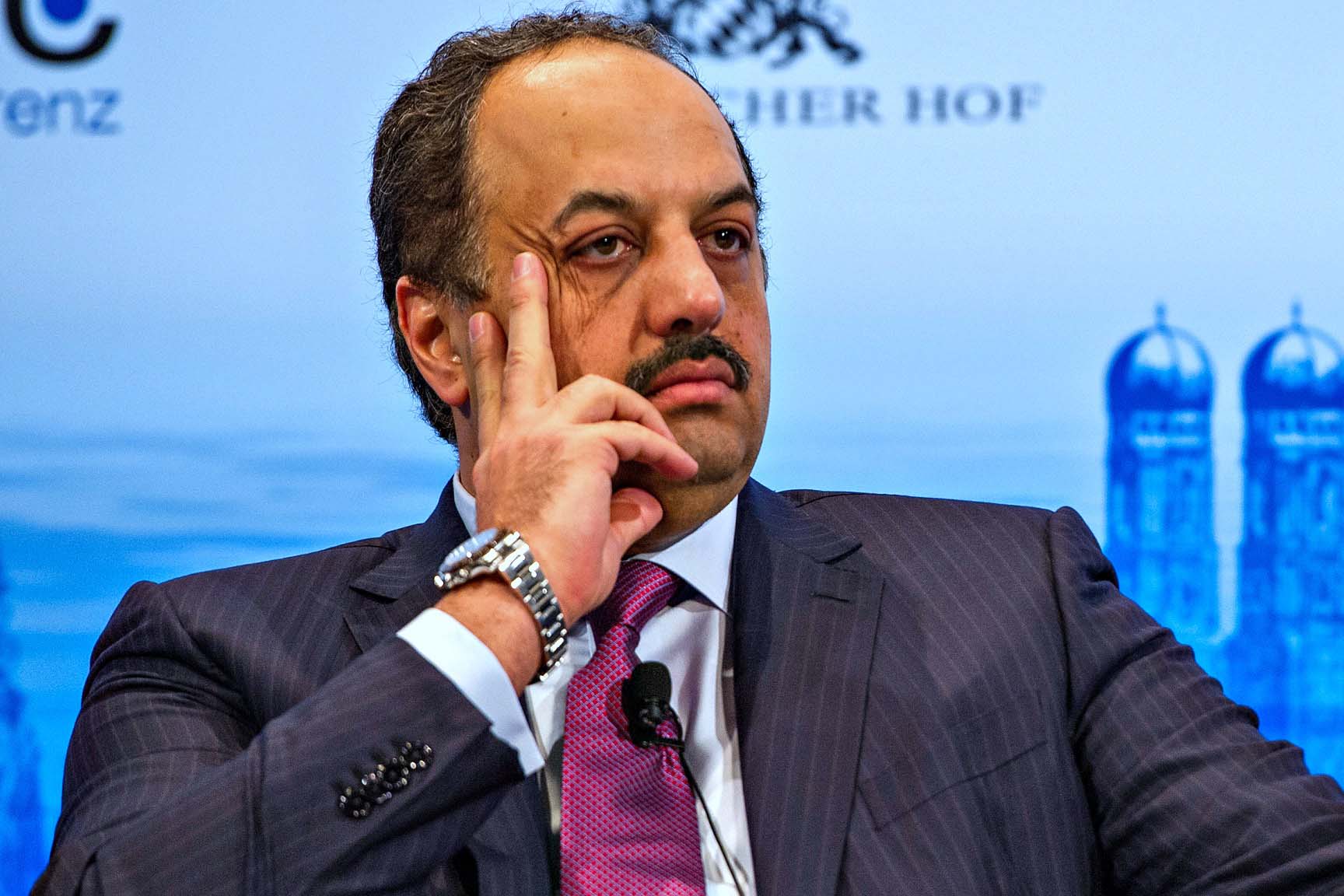
Two high-profile Qataris have weighed in on the deteriorating security situation in Iraq this week, criticizing the country’s president for his “narrow partisan policies” and warning the US not to interfere.
Iraq’s prime minister, Nouri al-Maliki – a Shia Muslim – has previously accused Qatar and Saudi Arabia of “attacking … (and announcing) war on Iraq” by providing weapons as well as political, financial and media support to Sunni fighters battling government forces.
Earlier this month, the militant group Islamic State in Iraq and the Levant (ISIL) seized the northern cities of Mosul, Tal Afar and Tikrit, prompting concerns that fighting could reach Baghdad.
As the conflict intensifies, Qatari Foreign Minister Dr. Khalid bin Mohammed Al Attiyah took a verbal swing at al-Maliki this week, accusing him of adopting policies “of marginalization and exclusion,” according to a copy of his remarks carried by Qatar News Agency.
Al Attiyah also hinted that the prime minister’s actions could result in foreign intervention:
“Injustice, exclusion, marginalization and use of security and military solutions exclusively to suppress popular demands can lead to the interference of other parties.”
While he did not name any specific religious group, Al Attiyah’s remarks were widely interpreted to be a criticism of the Iraqi government’s treatment of its Sunni minority. He said:
“(These policies) deepened division and rift between the components the Iraqi people and increased the sense of persecution among large groups of Iraqis. In view of these rapid developments, we swiftly urge those concerned to pay attention to the demands of large segments of the population who only seek equality and participation, away from all forms of sectarian or denominational discrimination.”
Regional conflict
While the origins of ISIL are said to date back to the mid-2000s and include former supporters of Iraqi president Saddam Hussein – who was captured by American forces following the 2003 invasion – the group has recently been actively fighting government forces in bordering Syria.
Qatar has been an active player in Syria’s civil war, supporting rebels – including extremist fighters – that have been battling President Bashar al-Assad.
However, Qatar is now focusing its aid on more moderate forces, and the governments of Saudi Arabia and Kuwait officially oppose ISIL – although some of those states’ wealthy citizens are reported to be among the group’s financial backers.
Observers say ISIL’s recent gains have put the Gulf countries in an “awkward” spot as the extremist group approaches its backyard.
Kuwait has called for its fellow GCC states to take a strong stand against ISIL after it releases a map showing the militant organization pushing through Kuwait’s oil fields to build an Islamic caliphate across the Middle East, according to Gulf News.
Advice for US
Regardless of ISIL’s advances, it seems some want to find a solution without Western military assistance.
On Sunday, Qatar’s former ambassador to the US, Sheikh Nasser bin Hamad al Khalifa, tweeted that American intervention would spark outrage across the region.
Any intervention in Iraq by the west to prop up criminal Malki in Iraq will be seen by the whole Sunni Arabs and Muslims as war against them
— N H M (@NasserIbnHamad) June 16, 2014
For the west or Iran or the two working together to fight beside Malki against Sunni Arabs will be seen as another conspiracy against Sunni!
— N H M (@NasserIbnHamad) June 16, 2014
It is wise for the west to stay clear of Iraq by not intervening unless they can help force Malki out of power and keep Iran out of Iraq.
— N H M (@NasserIbnHamad) June 16, 2014
Days later, the US said it was sending 275 additional military personnel to guard its embassy in Baghdad and provide security.
Thoughts?







